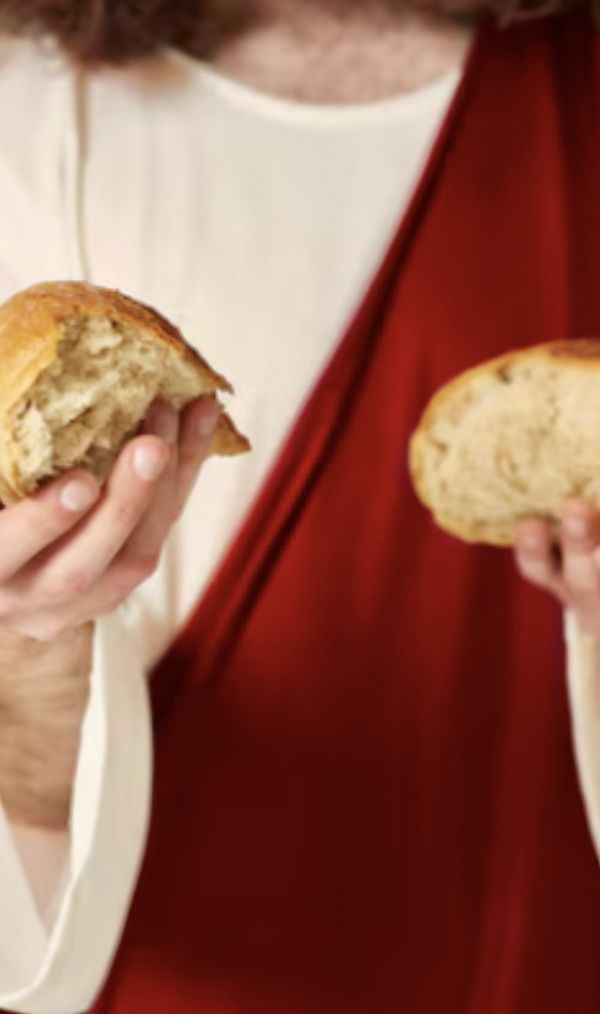(Mt 9:14-15)
Fasting is a regenerative principle that has a unique healing power, both detoxifying and essential. It activates the energies of humanity and at the same time of diversity.
This silent practice addresses the deep layers, the internal dimension, which becomes the guide and we risk ignoring.
Fasting was a sign of profound religiosity, therefore the disciples of Jesus - who did not fast, on the contrary their life had a festive character - were more or less assimilated to sinners.
Although there were no formal prescriptions, in observant circles it was pious practices that had become customary [linked to precisely marked days].
In Semitic beliefs, fasting was in particular expressive of the embarrassment and affliction of the devout man in the expectation of the Messianic times, which were delaying.
This is why Jesus associates fasting with mourning. It no longer has meaning in life as the unhindered wedding feast that He inaugurates.
Fasting remains as a sign of waiting for fulfillment, but now sadness no longer has any decisive relevance.
In the time of the Church that makes the Risen present, the renunciation of gorging is not a form of penance but of Hope (v.15).
And it serves to keep the hearts of Bridegroom’s friends clear of vanities, with a form of identification with the poor.
In the communities of Galilee and Syria to which Mt addresses, the Judaizers tried to reduce the pure Faith - foundation and enthusiastic participation - to whatever beliefs and practices.
Provisions that did not make everyone feel free.
In fact, a large part of the Jews converted to Christ were inclined to nostalgia that resulted in impediment.
Mt encourages the converts of his fraternities, coming from mixed and non-regular beliefs - coping the opinion of the stricter religious traditions.
Even today the Lord's proposal stands out - because it doesn’t claim to prepare the Kingdom, but rather welcomes and listens to it.
It will be Christ-in-us alone to nourish us towards an uninterrupted and growing way, in the commitment to start afresh in the task of ‘finding ourselves’ and emancipating the world - in a climate of austerity, balanced.
The Call of the Gospels remains respectful, concrete and strongly prophetic at the same time, because it arouses attention to people, to reality, and our joy - much more than to unsolicited standards of improvement, or other patches (v.16).
By not overwhelming or imposing artificial loads on believers, the life of Faith brings freedom into play [and thus makes it known to us] so that we become aware and assume it in order to be able to invest as Grace, charge and resource of novelty.
The renouncing and mortifying mechanisms, of individualistic perfection, are alien from the start - unless they are designed for the sharing of goods.
Jesus doesn’t come to make a small group of followers seated on the chair of austerity, but to communicate that the relationship with God is a celebration.
Fasting pleasing to the Father lies in the lucid experience of one's own unrepeatable eccentricity and Call, in freeing oneself from the selfishness that holds back, and in bringing relief to one's neighbor.
For this reason the Church has almost completely abolished the precept of external fasting, while it intends to commit more to forms of limitation in favor of the uncertain, humble and needy.
To internalize and live the message:
Do you practice fasting? From what? And for what purpose?
[Friday after the Ashes, March 7, 2025]












